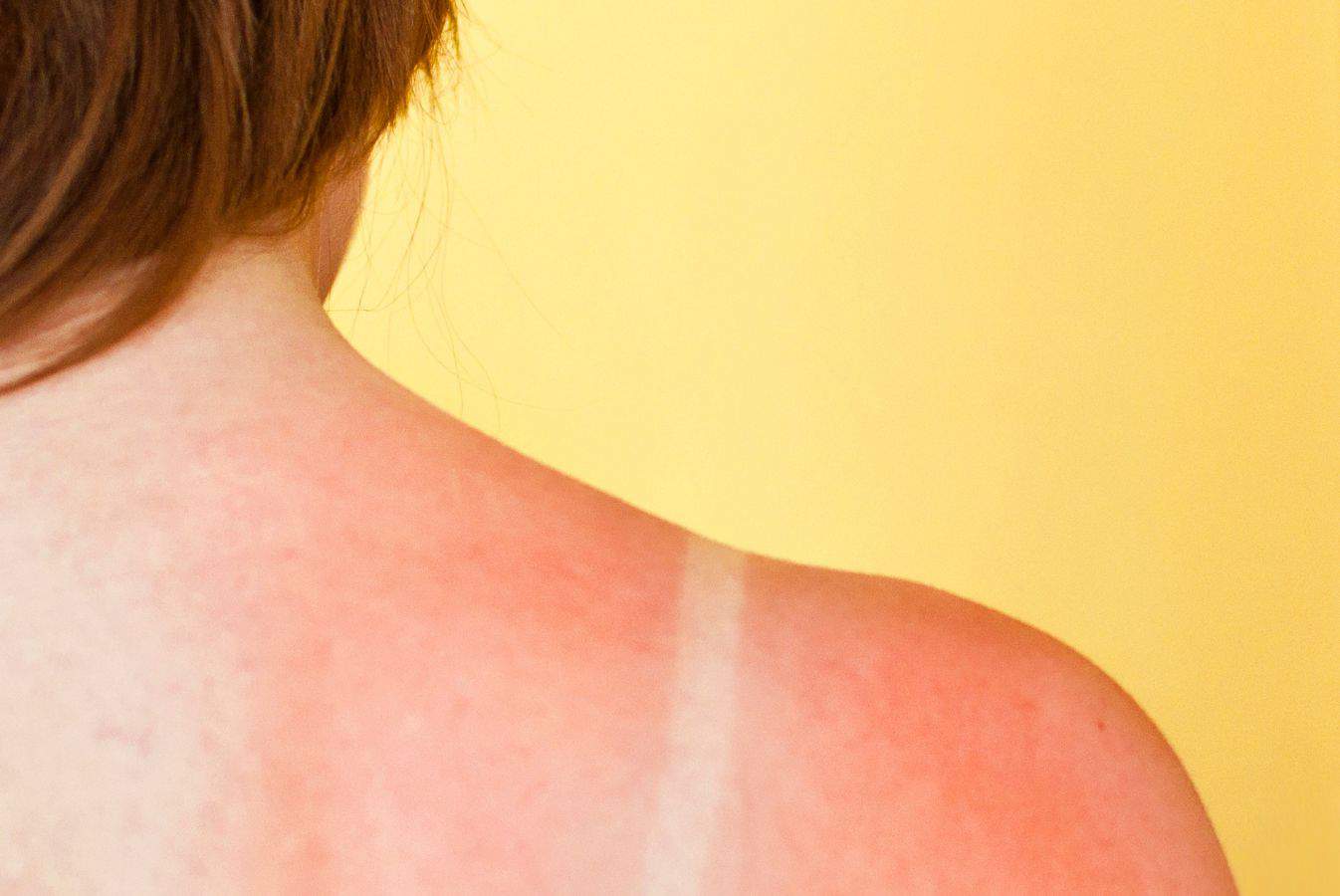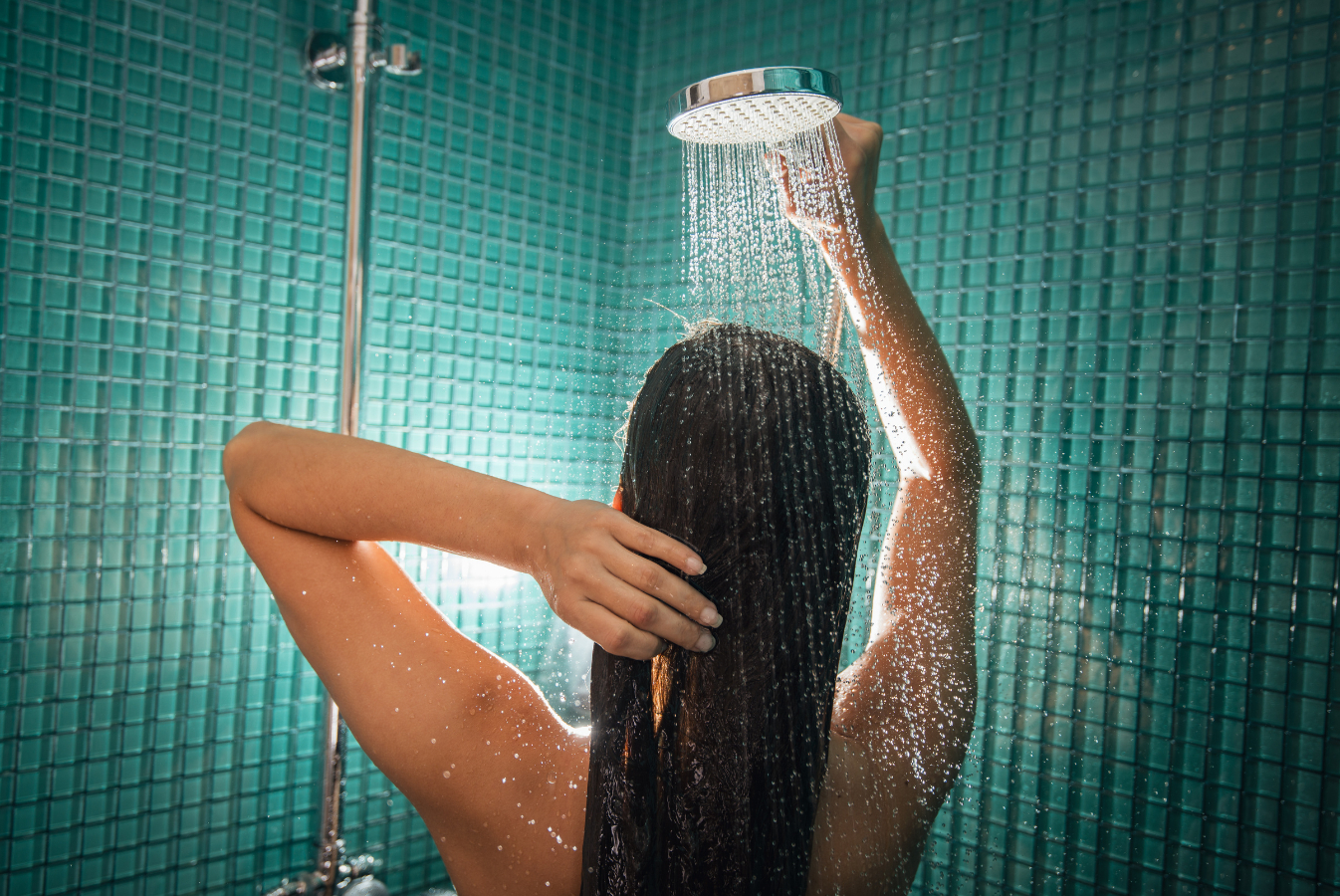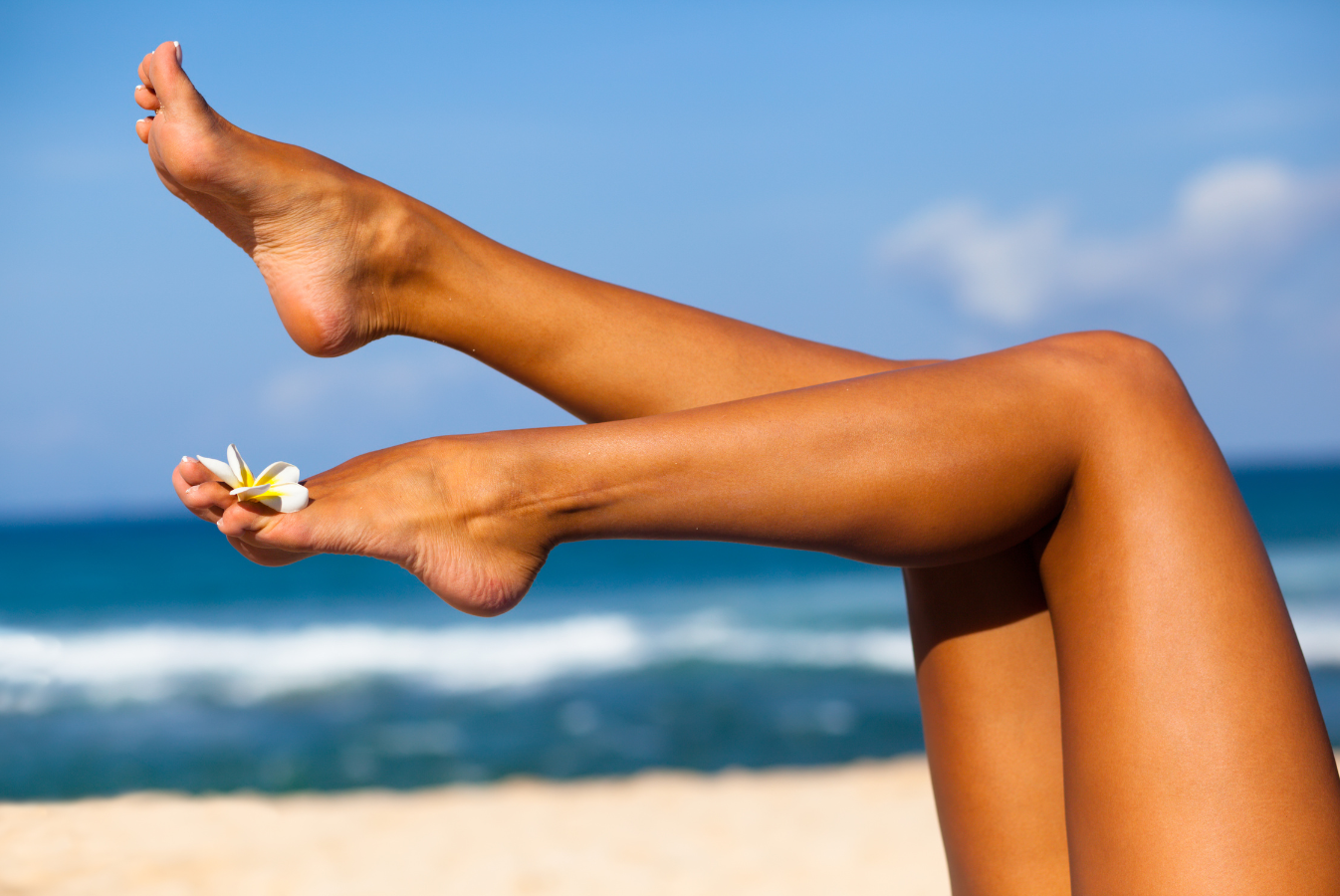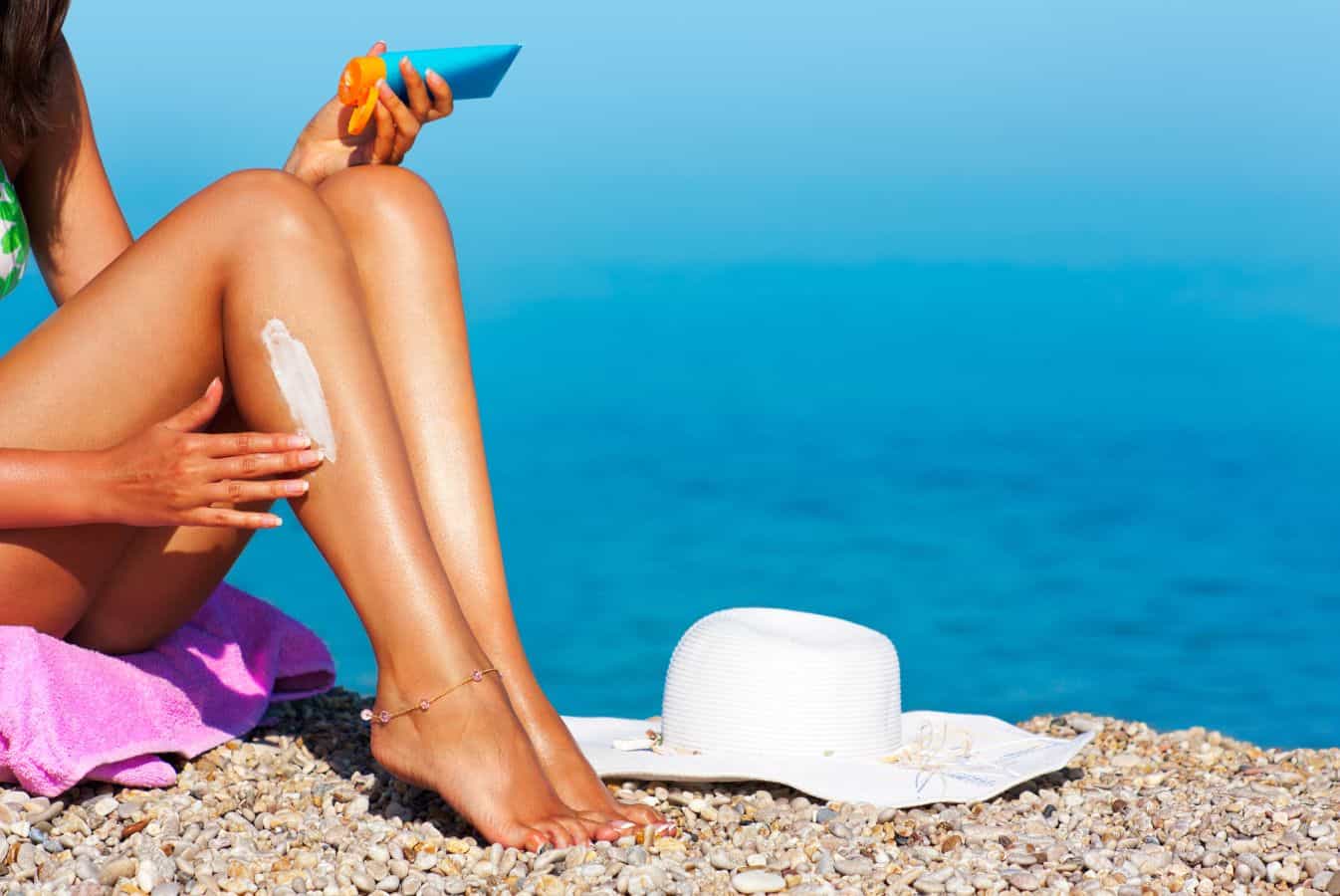Have you ever spent a sunny day indoors, only to find your skin feeling a little warm and pink afterward? It may surprise you to learn that “can you get sunburn through a window?” is a valid question, and the answer is yes! In this blog post, we’ll explore how sunburns happen, the effects of UV radiation on the skin, and the relationship between windows and sun protection. By the end, you’ll be better equipped to protect yourself and your loved ones from harmful UV rays both indoors and outdoors.
Table of Contents
Understanding Sunburn and UV Rays

Sunburn is caused by exposure to ultraviolet (UV) radiation from the sun, which can damage the skin’s DNA, causing inflammation, peeling, and pain. UV radiation is divided into two main types: UVA radiation and UVB rays. While UVB rays are responsible for sunburn, UVA rays penetrate the skin more deeply, causing skin aging and increasing the risk of skin cancer.
Fair-skinned individuals are more prone to sunburn due to their lower melanin levels, which protect the skin from UV radiation.
The Effects of UV Radiation on the Skin
UVA and UVB rays can have detrimental effects on the skin. While UVB rays cause sunburn and are the primary culprit of skin cancers, UVA rays can lead to premature aging, wrinkles, and other skin-related issues. Our skin cells’ DNA is highly effective at managing UVB radiation, converting 99.9% of the radiation’s energy into heat and leaving only 0.1% to cause damage, resulting in an inflammatory response from our immune system.
Research has shown that UV radiation exposure can increase the risk of developing basal cell carcinoma (BCC), squamous cell carcinoma (SCC), and melanoma. These skin cancers can be life-threatening if not detected and treated early. To minimize the risk of skin cancer, it is essential to protect your skin from both UVA and UVB rays.
Even on cloudy days, UV radiation can still penetrate the cloud cover and cause sunburn. This means that sun protection is crucial regardless of the weather conditions. In the next section, we’ll examine how windows affect our exposure to UV rays and the best protection that they can offer.
Do Windows Block UV Rays?

While windows do offer some protection against UV rays, they are not entirely effective. Most windows block the majority of UVB rays, which are directly responsible for sunburn, but they only block a small portion of UVA rays.
The windshield of a car blocks both UVA and UVB rays, while the rest of the car’s windows offer protection only against UVB rays. This means that even indoors, you may still be at risk for skin damage if exposed to direct sunlight for an extended period of time.
Types of Glass and Their UV Protection Levels
Not all glass is created equal when it comes to UV protection. Car windshields have a plastic layer that blocks UVB rays and 96% of UVA rays, while side windows are made of tempered glass, which only blocks 71% of UVA rays. As a result, individuals sitting near side windows are at an increased risk of skin damage and cancer on the left side of their body.
Laminated glass is another type of glass that offers more effective UV protection. This glass features an additional plastic layer that filters out all UVB rays and up to 99% of UVA rays. If you’re concerned about sun exposure through windows, consider upgrading to laminated glass or adding a protective film or tint to your existing windows.
Another option is to use window films or tints that offer additional UV protection. These films can block a significant portion of harmful UV rays and reduce the risk of skin damage and cancer. However, before installing window films or tints, check your local laws to ensure compliance.
Can You Get Sunburn Through a Window?

The short answer is yes, you can get sunburned through a window depending on the type of window, time of day, strength of the sun, and your surroundings. Sunburn through a window is caused by exposure to ultraviolet radiation, with only UVB rays responsible for causing sunburn. UV rays are most intense during midday, typically from 10 a.m. to 4 p.m., so the risk of sunburn through windows is higher during these hours.
However, plain glass does filter out approximately 97% of the sunburn-causing UVB rays, so the remaining 3% can still cause sunburn if exposed for extended periods. To reduce the risk of sunburn, it is important to take protective measures, such as wearing sunscreen and being mindful of the amount of direct sunlight you receive through windows.
Sunburn Risk When Driving
Drivers face a heightened risk of skin damage and cancer, particularly on the left side of their body, due to the lower protection from UVA rays in car windows. UVA rays can penetrate car windows, causing skin damage, discoloration, and wrinkles. Although the windshield offers more protection against both UVA and UVB rays, side windows are made of tempered glass and provide only partial protection against UVA rays.
To protect yourself from sun damage while driving, it is important to wear sunscreen and be mindful of the sun exposure you receive on the side facing the car window. Additionally, consider using window tints or films that offer higher UV protection, but always check local laws before installing them.
While driving, skin cancer risk increases due to prolonged exposure to harmful UV rays. It is crucial to take protective measures, such as wearing sunscreen and adding protective films or tints to car windows, to minimize the risk of developing skin cancer.
How to Protect Yourself from Sunburn Through Windows
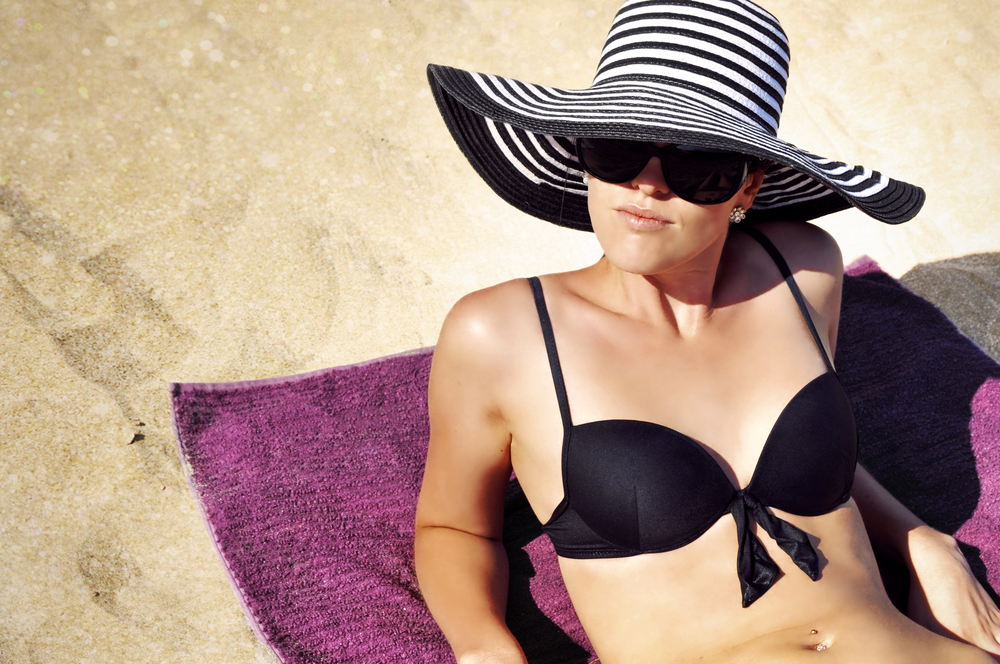
To prevent sun damage through windows, start by using a broad-spectrum sunscreen with an SPF of at least 30, which will protect your skin from both UVA and UVB rays. Apply sunscreen even when indoors, as UVA rays can still penetrate glass windows and cause skin damage.
Be sure to reapply sunscreen frequently, especially if you spend extended periods near windows.
Sunscreen and Other Protective Measures
In addition to wearing sunscreen, consider using mineral sunscreens made with zinc oxide or titanium dioxide for added protection from UV rays. These sunscreens create a physical barrier on the skin, reflecting light back and scattering UV radiation, offering even more protection than chemical sunscreens.
Wearing protective clothing, such as long-sleeved shirts, pants, and hats, can also help shield your skin from harmful UV rays. While indoors, try to minimize direct sun exposure by sitting farther away from windows or using curtains or blinds to block sunlight.
Lastly, consider installing UV-resistant window film or tint on your windows for added protection against sunburn. These films can block a significant portion of harmful UV rays, reducing the risk of skin damage and cancer. Always check local laws before installing window films or tints to ensure compliance.
The Importance of Sun Protection Indoors and Outdoors
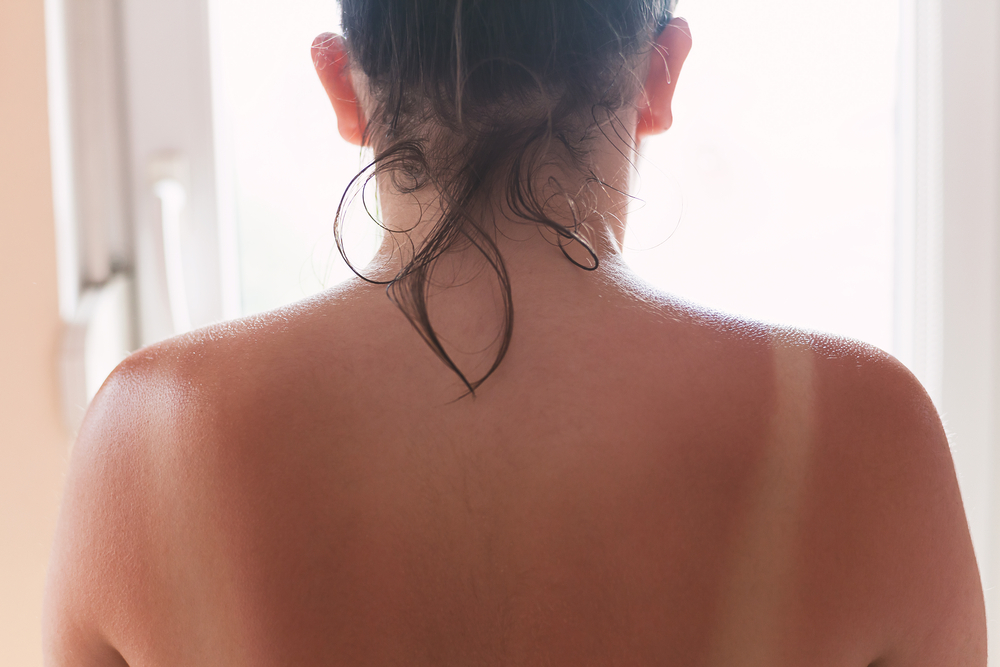
Whether you’re indoors or outdoors, sun protection is essential to safeguard your skin from the harmful effects of UV radiation. As we’ve discovered, UV radiation can penetrate glass windows and cause skin damage, leading to premature aging, wrinkles, and even skin cancer. To protect your skin, it is crucial to take the necessary precautions both indoors and outdoors, such as wearing sunscreen, protective clothing, and using window films or tints.
By being proactive about your sun protection and daily sunscreen use, you can minimize the risk of skin cancer and other skin conditions associated with UV radiation exposure. Remember, protecting your skin from harmful UV radiation is not just a concern for sunny days spent outdoors; it is an everyday commitment that applies to all environments.
By taking the necessary precautions and implementing the protective measures discussed in this blog post, you can ensure the health and well-being of your skin for years to come.
Summary
In conclusion, sunburn and skin damage can occur even through windows, as UV radiation can penetrate glass and cause harm to our skin. While most windows block a significant amount of UVB rays, they offer less protection against UVA rays. Drivers, in particular, are at a higher risk of skin damage and cancer due to the lower protection from UVA rays in car windows.
Taking the necessary precautions to protect your skin from harmful UV radiation, both indoors and outdoors, is essential for maintaining healthy skin and preventing skin cancer. By wearing sunscreen, using window films or tints, and adopting other protective measures, you can safeguard your skin from the sun’s harmful rays, no matter where you are.
Frequently Asked Questions
Can you get a sunburn from a house window?
Yes, it is possible to get sunburn from a house window. The level of radiation depends on the type of window, its age and the proximity of the person’s skin to the window. UVA and UVB rays can both penetrate glass, though 97% of UVB rays will be filtered out. Therefore, caution must be taken when spending time near windows or in direct sunlight.
Yes, you can get sunburn from a house window as UVA and UVB rays can both penetrate the glass, though 97% of UVB rays will be filtered out. It is important to be aware of the strength of the sun and time spent near the window to avoid getting a sunburn. Jun 25, 2021.
Can you still get sun through a window?
Yes, you can still get sun exposure from a window. UVA rays, which are the main cause of premature skin aging, can penetrate glass and reach you if you’re close enough to the window.
Even though UVB rays, which cause sunburn, are generally blocked by glass, prolonged exposure to the sun’s rays can lead to sunburn or skin cancer.
Can you get sunburnt through car windows?
Yes, you can get sunburnt through car windows. Most regular glass blocks UVB rays, but UVA rays are still able to penetrate and cause damage to your skin. Windshields have some UVA protection, but the side and back windows do not.
Therefore it’s important to take extra precautions when spending time in a car.
Can you get sunburn sitting behind glass?
Though it is unlikely that you will get sunburned sitting behind a glass window, there is still a possibility. Windows do block the most harmful UVB rays, but not all of the less harmful UVA rays. Prolonged exposure with the right amount of UVA rays can still cause sun damage and even sunburn, so be sure to take precautionary measures when spending time near windows.
Sunburns can be painful and cause long-term damage to the skin, so it is important to be aware of the risks associated with windows. Wear sunscreen, hats, and protective clothing when spending time outdoors.
Why don’t I get sunburn through glass?
Glass provides a barrier to the sun’s ultraviolet radiation, which is primarily responsible for causing sunburn. Therefore, you won’t get sunburned through glass since most of the UVB rays that cause sunburns are blocked out.
However, UVA rays are still able to pass through glass, so you should take extra precautions to protect your skin when you’re exposed to the sun.



